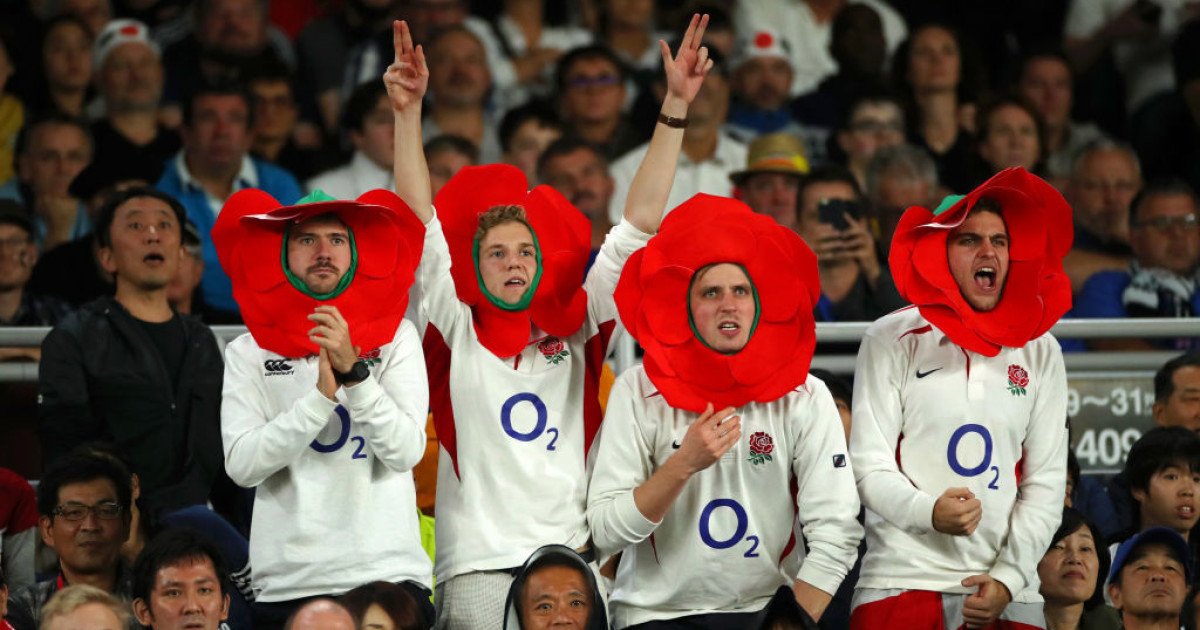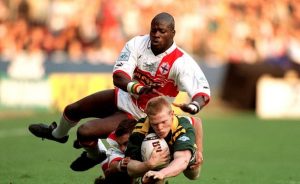The Rugby Football Union of the UK has officially announced that it is indeed reconsidering allowing ‘Swing Low, Sweet Chariot’ to be sung at rugby games in Twickenham.
It did acknowledge the hymn has been instated as something of a battle hymn for fans of the games, with the union spokesperson going on to say: ‘The Swing Low, Sweet Chariot song has long been part of the culture of rugby and is sung by many who have no awareness of its origins or its sensitivities. We are reviewing its historical context and our role in educating fans to make informed decisions.’
The song is something equivalent of an Olympics anthem for the English rugby since the 80s, with Twickenham enamored in the lyrics both in real decoration and fan chants in the process.
The market catchphrase for the English rugby has originated from the song’s lyrics, it being ‘Carry Them Home’. The origins of the song, however, comes far from the British Isles, as it is thought that Wallace Willis, a Native American slave sung the words, which were transcribed by a minister, later making it popular by letting The Jubilee Singers, a Gospel singing troupe, sing it in their transatlantic tours.
This was during the early 20th century, where they performed even for Queen Victoria.
The song has become a household anthem symbolizing the English sport only after wingers Offiah and Oti became the most coveted duos during the late 1980s.
Offiah’s nickname at the time was Chariots Offiah, for his phenomenal speed related to the film Chariots of Fire. This was first believed to have been the motivation for the song’s usage since 1987. It was debated with the earlier notion that Oti crossing the whitewash three times for a hat-trick initiated the hymn to be ingrained in memories.
However, the recent BLM movement is challenging the norm of using the gospel-based hymn to be used without deference or understanding the values and history that the lyrics imply.
As statues and other cultural relics related to racism is being inherently disowned and replaced, the Rugby world is also facing whether or not to continue fans to sing it. Some players have already come out with their own opinions, with Maro Itoje saying in an interview this week: ‘I don’t think anyone at Twickenham is singing it with malicious intent, but the background of that song is complicated.
’
If you liked this article, please LIKE SHARE AND COMMENT below! And don’t forget to check our other articles along the way!
Replaced!





